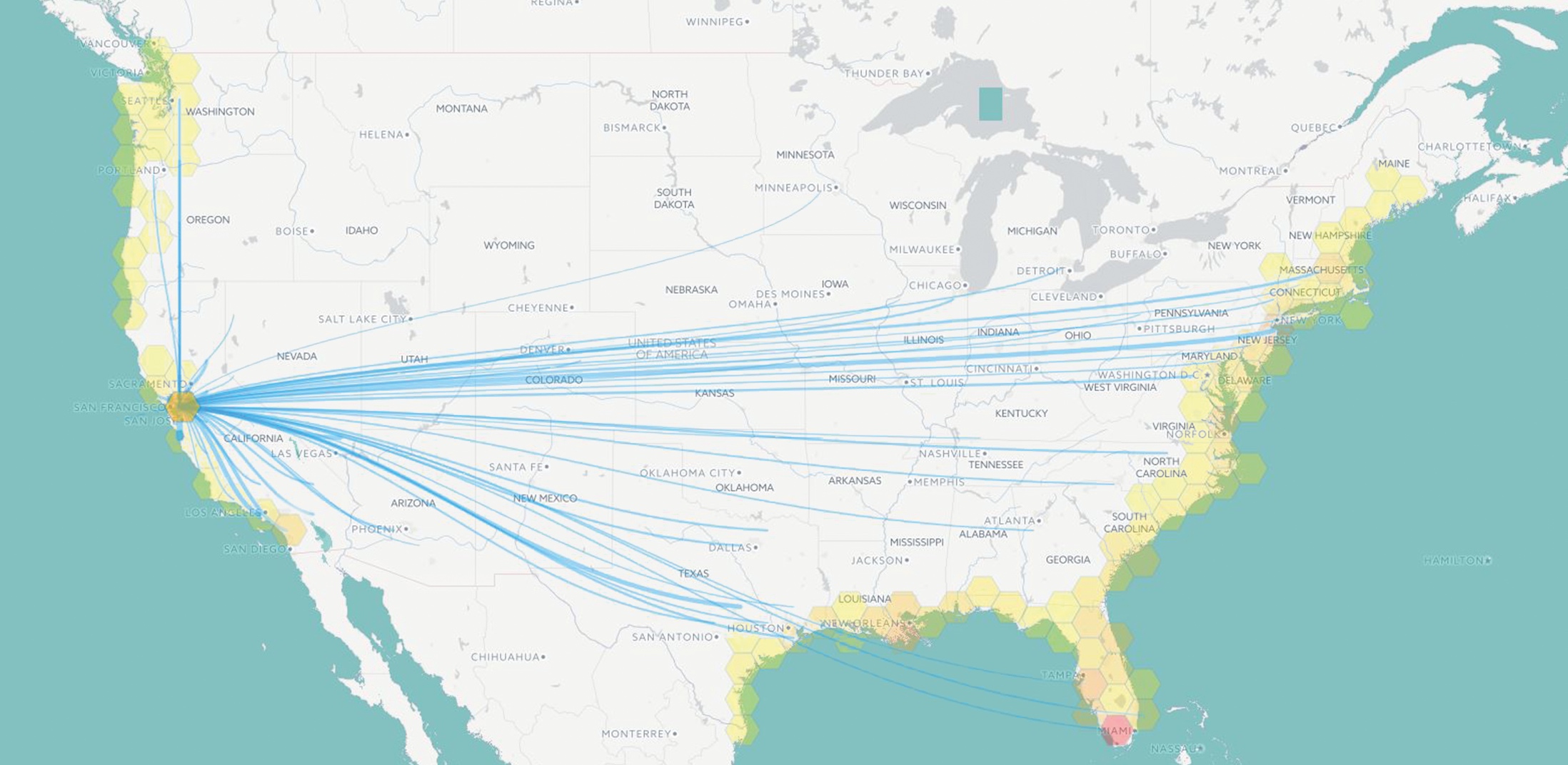
Katharina-Victoria Perez, a 2014 graduate of Oregon State University, has received a Fulbright award to conduct research in Chile in 2017.
Perez will work with local Chilean organizations and international environmental groups to map the habitat and threats of a species of Andean deer, aka the huemul (Hippocamelus bisulcus). Hunting and habitat loss have reduced the population to remote areas in the Andes of Chile and Argentina. The International Union for the Conservation of Nature includes the huemul on its Red List of Threatened Species, as it is estimated that fewer than 1,500 huemul survive.
As an Oregon State undergraduate (Fisheries & Wildlife Sciences and International Studies with a Political Science minor), Perez first traveled to Chile in 2012. She participated in two expeditions into the rugged mountain home of the huemul to set up camera traps.

“I’m interested in international environmental policy. Working with the nonprofit organization, CODEFF (Comité Pro Defensa De La Fauna Y Flora), gave me experience with public outreach and grassroots conservation efforts,” she said. “While working with CODEFF, I also took care of over 100 Austral parakeets that had been rescued from illegal trafficking, and protected stranded sea lion pups on a beach.”
Perez returned to Chile twice in 2014, but that has not been her only international destination. She grew up in a household with Latino and Austrian heritage, speaks Spanish and German and spent a year in Italy as a high-school student.

At Oregon State, she also traveled to Gabon in sub-Saharan Africa to study carbon sequestration in mangrove swamps with Oregon State ecologist Boone Kaufmann. “It was an incredible environment, really pristine, and is a phenomenally important ecosystem to study and protect,” she said.
In her Chilean research, Perez will apply her skills in geographic information systems and wildlife management to assist conservation organizations. “This is a highly collaborative project. The need is coming from them,” she said.
“Oregon State was pivotal for me in attaining this research grant,” she added. “I had great support from several staff and faculty in the College of Liberal Arts and the College of Agricultural Sciences who helped me out.”
Perez is aiming for a career in international environmental science and policy. “I’m really interested in that interface and want to see that research is communicated clearly and utilized in making informed policy decisions,” she said.
Perez will begin her Fulbright program in March 2017, working with researchers at the University of Chile in Santiago, the Wildlife Conservation Society, Chile’s National Forest Corporacion and CODEFF.
Perez will join over 1,900 U.S. citizens who will teach, conduct research and provide expertise abroad for the 2016-2017 academic year through the Fulbright U.S. Student Program. Recipients of Fulbright awards are selected on the basis of academic and professional achievement as well as record of service and demonstrated leadership in their respective fields.
This year marks the 70th anniversary of the Fulbright Program’s establishment in 1946 under legislation introduced by U.S. Senator J. William Fulbright of Arkansas.




